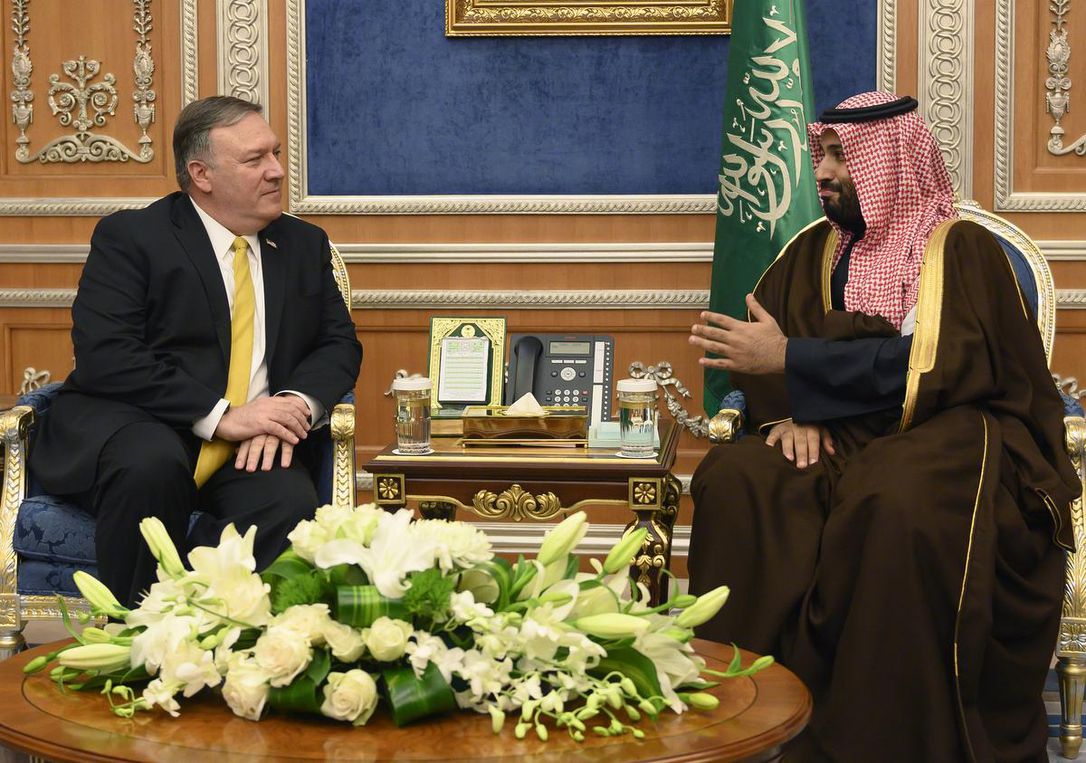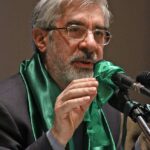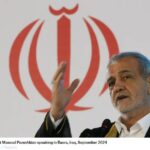
29th January 2019
With US intervention back on the international agenda in Venezuela, White House hawks, Secretary of State, Mike Pompeo, and National Security Adviser, John Bolton, have not taken their eye off US long term ambitions in the Middle East. Jane Green reports.
US Secretary of State, Mike Pompeo, managed to squeeze in a tour which took in eight Middle East countries in the space of a week earlier this month, summing up his mission in a speech in the Egyptian capital, Cairo, as
“The need to counter the greatest threat of all in the Middle East, the Iranian regime and its campaigns of terrorism and destruction.”
Pompeo’s aim has been to build a coalition of the willing in the Middle East with the ostensible aim of rolling back Iranian influence in the region, for which can be read, asserting US dominance wherever possible.
While the United States has clear allegiances with both Saudi Arabia and Israel in the region its influence elsewhere has been diminished due to its history of military and economic intervention. The Iranian regime is an easy target because of its history of opposition to the United States, its support amongst the Shia Muslims in the region, in opposition to Sunni led Saudi Arabia, and its adventurous foreign policy which the US can characterise as a threat.
Pompeo’s message appears to have been well received among Sunni Arab leaders, with Jordanian Foreign Minister, Ayman Safadi, saying in a news conference with Pompeo in Amman,
“We all have problems with Iran’s expansionist policies in the region. All Arab countries, and I think the United States too, would want healthy relations based on the principle of non-intervention in the internal affairs of the other, and respecting the sovereignty of other countries.”
In Cairo, Pompeo said that Egypt, Oman, Kuwait and Jordan had been “instrumental in thwarting Iran’s efforts to evade sanctions,” adding that Bahrain was working to combat Iran’s “illicit maritime activities” in the region.
Quite how close this is to a unified Arab coalition against Iran, the long term goal of the US, is hard to gauge and Pompeo may have been offered warm words in friendly capitals just to make sure military and economic aid keeps flowing.
The Pentagon are certainly concerned that US leverage may be on the wane, due to the recent announcement that troops will be pulled out of Syria, and concern has been expressed that the hawkish position taken by John Bolton could precipitate a conflict when US influence is at a low ebb.
Bolton directed the National Security Council to ask the Pentagon last year to provide the White House with military options to strike Iran. Since Bolton took on his role in April, he has intensified the administration’s policy of isolating and pressuring Iran, being instrumental in persuading President Donald Trump to withdraw from the nuclear deal last year.
The twin offensive was continued when Pompeo was interviewed via video link to delegates to the World Economic Forum in Davos recently, where he stated,
“…the threat from the Islamic Republic of Iran is very real. You mentioned Yemen. You mentioned Syria. I think you talked about the challenges of Lebanese Hizballah in Lebanon. It’s still the case that Iran is striving to reduce Iraqi freedom, sovereignty, and independence. Those are places where Iran is truly the malign actor, and it’s why we’re so happy that the coalition that we’ve built out…. is so central to creating the stability that the people of the Middle East so richly deserve.”
The recent intervention by the United States in Venezuela has seen both Pompeo and Bolton leading the charge in the misinformation campaign against the legitimate government of Nicolás Maduro and flying the flag for greater US interference in the affairs of Venezuela.
The government of Iran does not enjoy the popular support, by any measure, of the Maduro government but the future of Iran should be in the hands of its people. The Iranian public are aware that whenever the US has taken an interest in redirecting political developments in Iran, it was they who ultimately suffered decades of dictatorship and economic misery. The memories of the 1953 coup d’état, when the US government overthrew the elected government of Dr Mossadegh and installed a pro-US dictatorship in Tehran, remain alive in the consciousness of the Iranian people.
Of course, it is true that the Iranian clerical leadership has, over the past four decades, reneged on all the main slogans of the 1979 Revolution that was meant to herald freedom, democracy and social justice. The Revolution offered the nation the real potential to build prosperity and independence upon the natural wealth of the country – a potential that was never fulfilled. It is also true that the horrendous human rights record of the Iranian regime and its suppression of political and trade union rights has been widely condemned. That, however, does not mean that the answer to the situation in Iran lies with the hawks in the White House… far from it. The Iranian people continue to deserve our support in their struggle for peace, human rights and democracy.
Jane Green is a member of the National Executive Council CODIR. For all news and information on how you can help to campaign for peace and democracy in Iran please visit: www.codir.net












 Posted in
Posted in 










